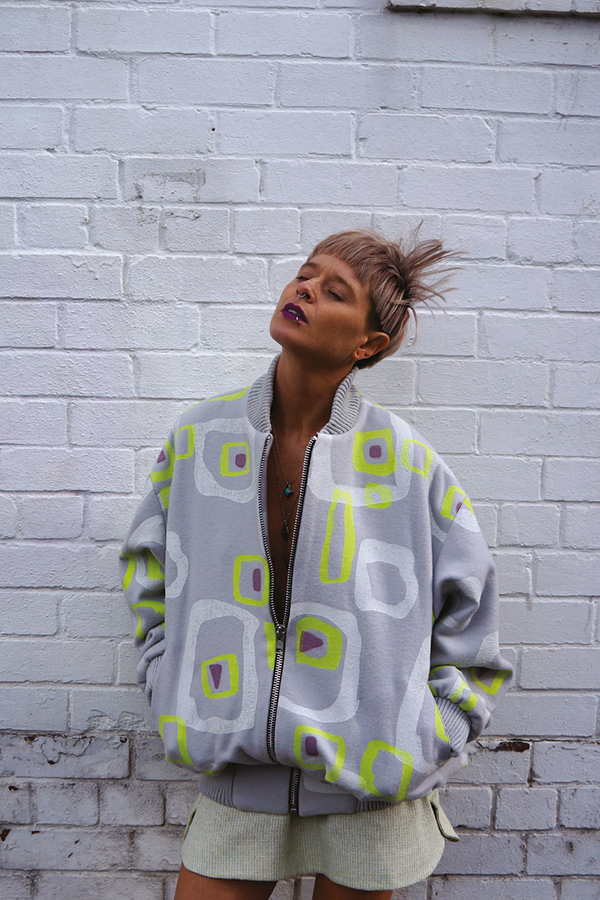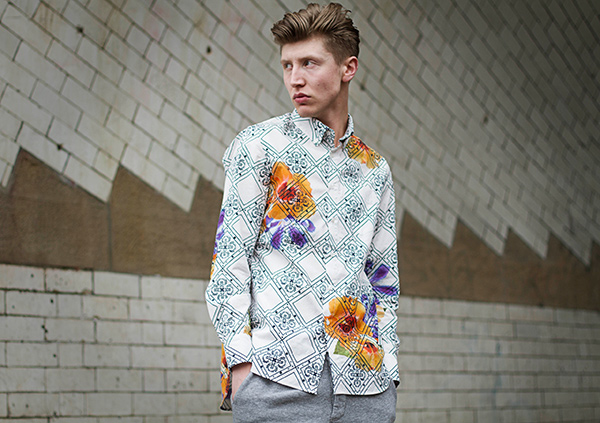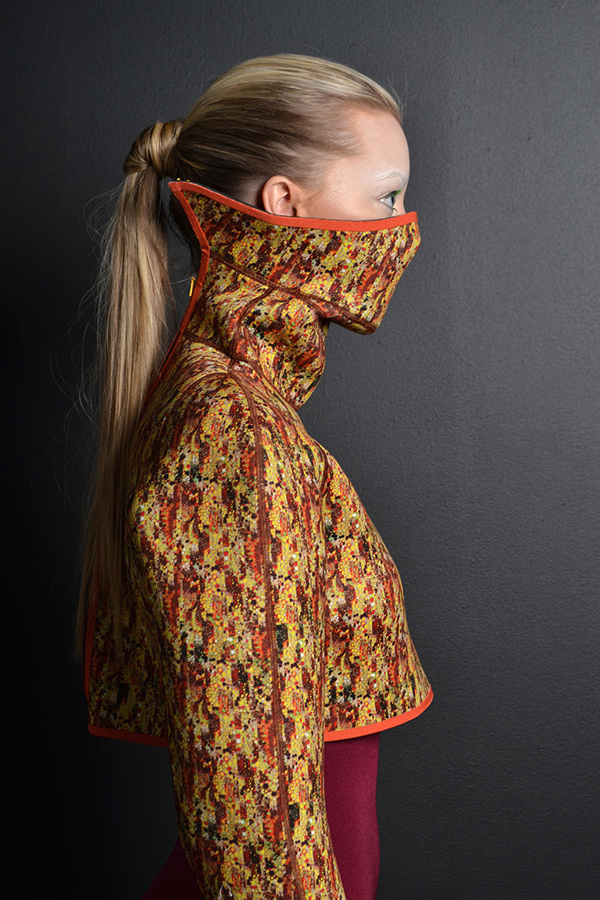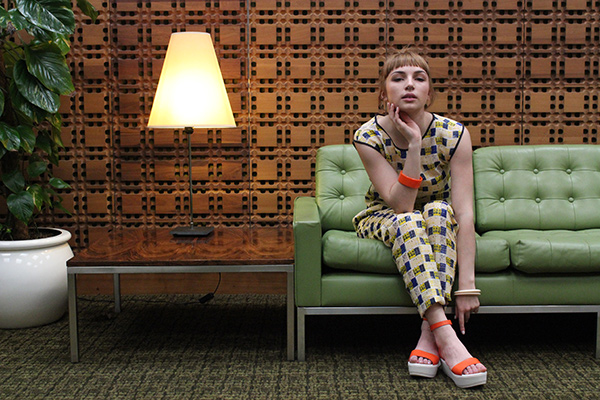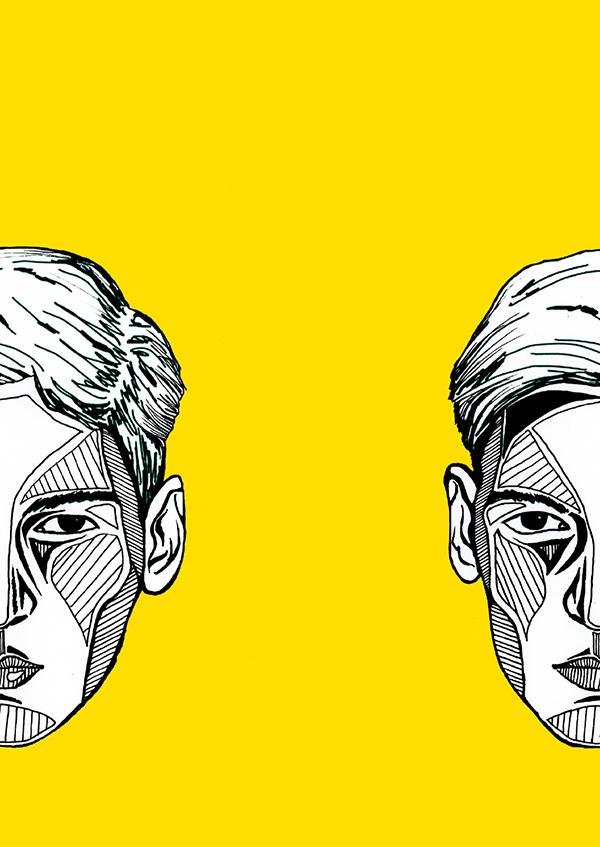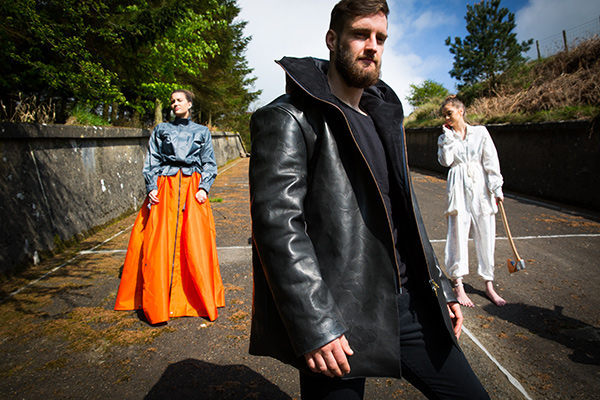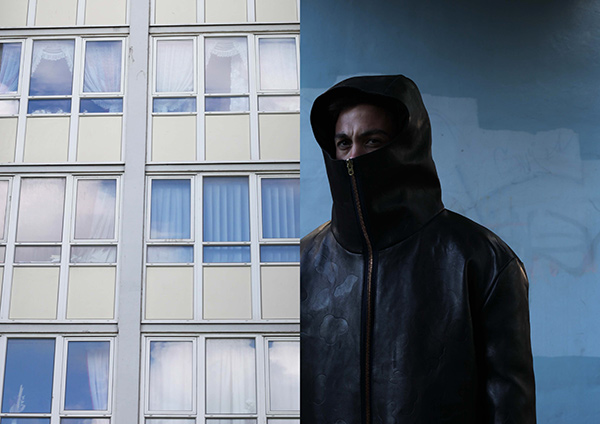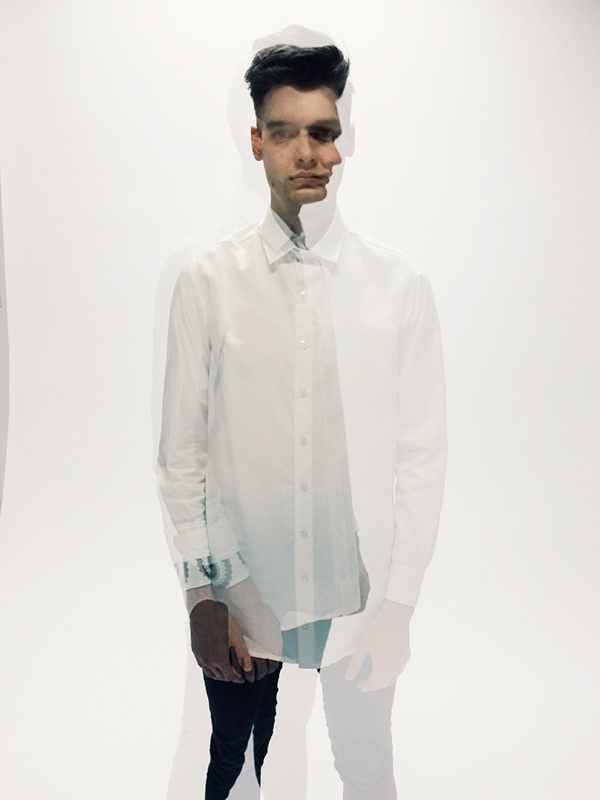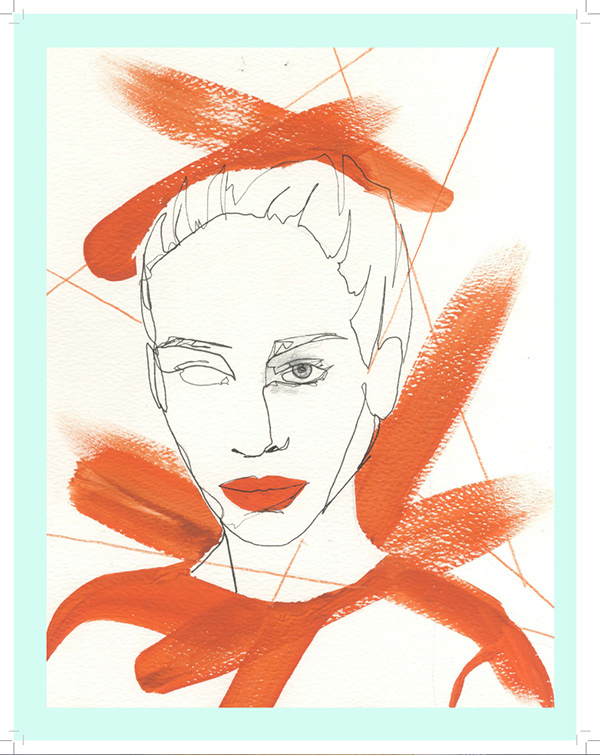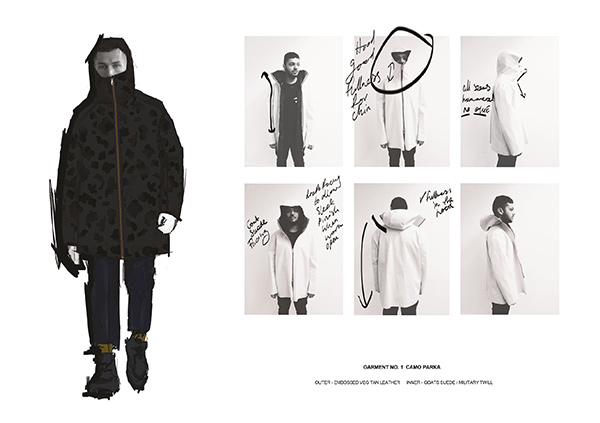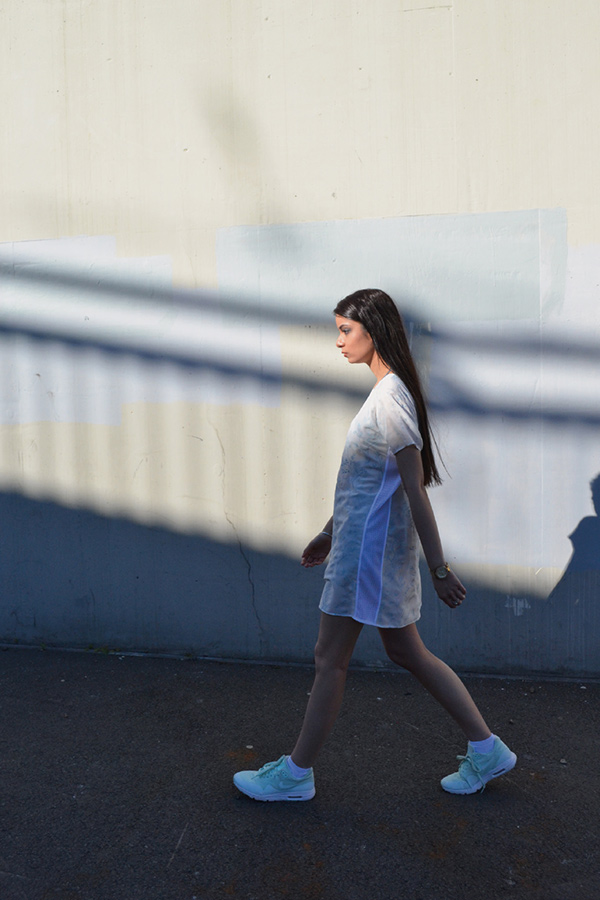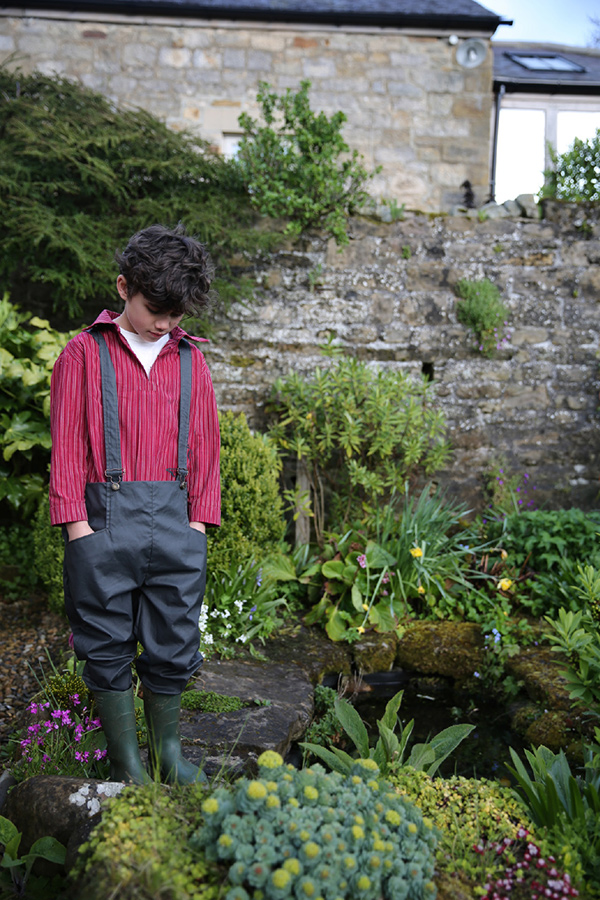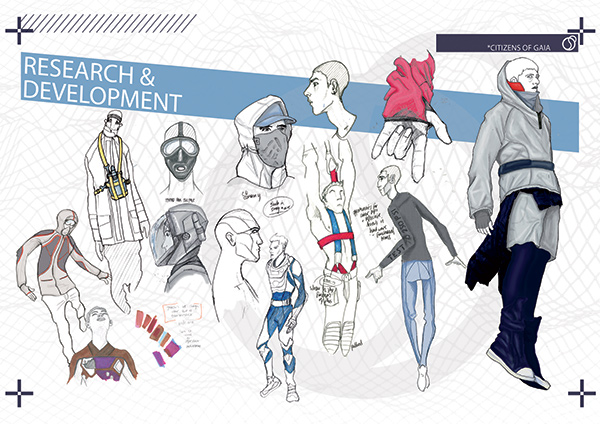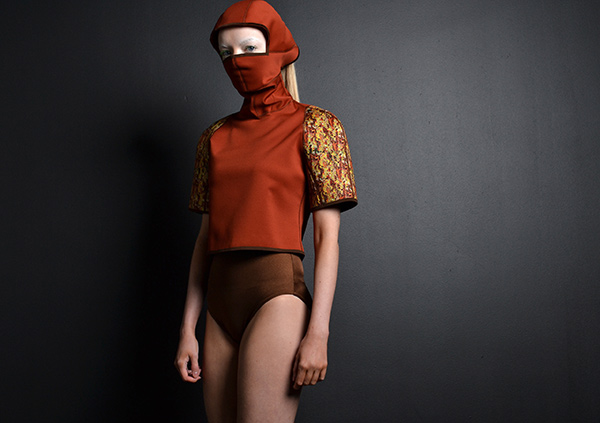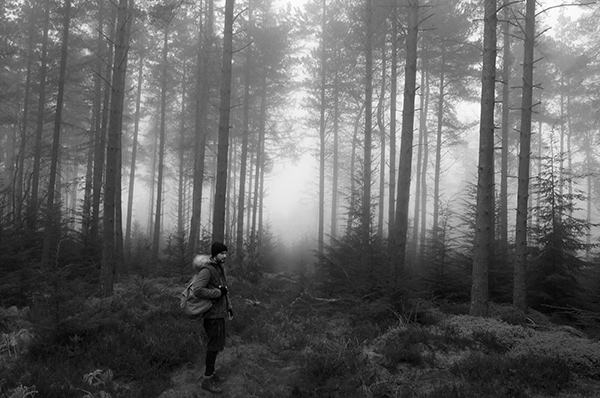-
Study
Study
Interested in studying at Northumbria? With 31,500 students, Northumbria is one of the largest universities in the country, offering courses on either a full-time, part-time or distance learning basis.
Discover more-
Undergraduate
- Undergraduate Study Degree
- Undergraduate Open Day & Events
- Application Guides
- Northumbria University UCAS Exhibitions
- Foundation Years
- Undergraduate Fees & Funding
- School & College Outreach
- Continuing Professional Development
-
Postgraduate
- Postgraduate Study Degree
- Postgraduate Research Degrees
- Postgraduate Open Days and Events
- Postgraduate Fees & Funding
- Flexible Learning
- Thinking about a Masters?
- Continuing Professional Development
- Change Direction
-
Student Life
- The Hub - Student Blog
- Accommodation
- Life in Newcastle
- Support for Students
- Careers
- Information for Parents
- Students' Union
- Northumbria Sport
-
-
International
International
Northumbria’s global footprint touches every continent across the world, through our global partnerships across 17 institutions in 10 countries, to our 277,000 strong alumni community and 150 recruitment partners – we prepare our students for the challenges of tomorrow. Discover more about how to join Northumbria’s global family or our partnerships.
Discover more-
Applying to Northumbria
- European Union
- Our London Campus
- Northumbria Pathway
- International Events
- Entry Requirements
- Agent Network
-
Northumbria Language Centre
- Faculty Requirements
- Acceptable English Requirements
- Pre-Sessional English and Study Skills
- Academic Language Skills Programmes (ALS)
-
International Fees, Funding & Scholarships
- International Undergraduate Fees
- International Undergraduate Funding
- International Masters Fees
- International Masters Funding
- International Postgraduate Research Fees
- International Postgraduate Research Funding
- International Money Matters
-
Life at Northumbria
- International student support
- The Hub - Student Blog
- Careers
-
International Mobility
- Current Northumbria Students
- Incoming Exchange Students
-
-
Business
Business
The world is changing faster than ever before. The future is there to be won by organisations who find ways to turn today's possibilities into tomorrows competitive edge. In a connected world, collaboration can be the key to success.
Discover more -
Research
Research
Northumbria is a research-rich, business-focused, professional university with a global reputation for academic quality. We conduct ground-breaking research that is responsive to the science & technology, health & well being, economic and social and arts & cultural needs for the communities
Discover more -
About Us
-
About Northumbria
- Our Strategy
- Our Staff
- Our Partners
- Student Profiles
- Alumni Profiles
- Leadership & Governance
- Academic Departments
- University Services
- History of Northumbria
- Contact us
- Online Shop
-
-
Alumni
Alumni
Northumbria University is renowned for the calibre of its business-ready graduates. Our alumni network has over 236,000 graduates based in 178 countries worldwide in a range of sectors, our alumni are making a real impact on the world.
Discover more - Work For Us
What will I learn on this module?
Final Major Project: EXPLORATION provides a framework for exploring a range of approaches to design for future or specialist markets. During this module you will define a fashion concept and undertake a body of research underpinning your major project proposal, allowing you the opportunity to explore and develop creative design practice. This body of research will enable you to make and illustrate your ideas through garments/collections, products, publications and aims to promote these through cutting-edge graphics and photography in Semester 2. You will deploy techniques of enquiry, analysis and synthesis aiming to build relationships between ideas and challenge orthodox approaches through creative enquiry. You are encouraged to seek industrial collaboration/sponsorship if this is desirable and appropriate.
Advanced skills are taught to support the individual nature of your concept proposal, for example; advanced pattern cutting, technical garment construction and contour. Development of your intermediate skills in the area of creative textiles will expand your knowledge base and level of critical enquiry. This is supported through workshops enabling you to experiment in specialist areas such as; silk-screen and digital print, surface design, photography for print, embellishment and knit. The options are available with a team of dedicated technicians and academic staff.
Fashion design and trends are observed from a wide range of sources developing aesthetic awareness and the understanding of your practice within a cultural and commercial context. You will be encouraged to work autonomously and think independently in the observation, generation and development of ideas. The module will encourage all aspects of visual research skills taking a distinctive and experimental approach demonstrated through drawing, design development, sampling and prototypes.
This work will culminate in a professional Portfolio outcome.
How will I learn on this module?
Northumbria X-Studio (Extended Studio):
Learning and teaching strategies on Fashion Design & Marketing encourage you to acquire a flexible and imaginative approach to creative problem solving through enquiry-based learning. You will become an active participant in your learning, integrating creative practice with academic and intellectual skills.
The School of Design operates an extended studio approach (X-Studio) that embraces our physical studios and making workshops as well as our virtual spaces to create a flexible and rich environment that is responsive to our learners’ needs.
This dedicated approach has been developed over many years of continuous teaching innovation, research and industry collaboration. It has created a supportive extended studio culture that encourages our students to learn flexibly, dynamically blending their learning and University experience between physical and digital interactions both in real-time and online at their own pace.
We believe that this extended studio culture not only helps our students to become more confident autonomous learners but also prepares them for a dynamic design industry in which an extended studio philosophy is current practice.
Through lectures, tutorials, studio and workshop activity delivered either in the Design School or VLE, you will be supported in the independent generation, observation, and realisation of concepts. Project-based learning will equip you with an enquiring, analytical and creative approach to the progressively interrelated nature of practical and intellectual skills. Analytical and adductive thinking, experimentation, trial and error, are characteristics of the creative process and are embedded and supported throughout the module by specialist subject lecturers.
Hands-on participation will enable you to display evidence of creative thinking through the exploration and communication of a design concept that has a purposeful outcome. The studio and workshop environment is integral to this approach where it supports a creative collaborative community, and collegial exchange. This can be both a physical and virtual activity. The teaching and learning strategy emphasises creativity and experiential enquiry, enabling active participation in observation, recording and making through design practice. There is focus on the acquisition of technical skills and the use of materials and processes in identifying and solving problems. Traditional, new and emerging technologies are used both in the delivery observation and realisation of outcomes.
How will I be supported academically on this module?
The Fashion Design and Marketing Programme aims to support you academically by encouraging a collegiate, friendly and creative culture.
Students experience a range of teaching, learning and assessment methods and course work which is largely project-based. Modules are delivered through a combination of lecture, supported group tutorials, studio activity, practical demonstrations, studio teaching, guided and independent learning. Practical skills are delivered through workshop activities. Project briefs are normally introduced via a briefing session, where the task is fully explained and explored by both staff and students. Studio tutorials with module tutors provide advice on the direction of your work and whether you are meeting Module Learning Outcomes, these normally take place during timetabled sessions, and will help you to progress your ideas. The School of Design provides a wide range of specialist subject expertise though a dedicated Technical Support Team providing technical instruction and demonstrations supporting the academic programmes in Design. These learning activities can take place in both the Design School & the VLE.
Additional support is offered through;
• Opportunity to collaborate with industry and regional, national and international external partners to extend the practical study of the subject area within an industrial context. They are also designed to support student confidence in their ability to handle professional practice within the creative industries
• Additional study skills materials and workshops are available through Skills Plus at http://nuweb2.northumbria.ac.uk/library/skillsplus/topics.html?l3-0.
• Students are expected to maintain a project plan and are encouraged to take responsibility for their own learning
• English language support is provided for international students
• University student services offer specialist support e.g. financial, disability, mental health, international student support etc.
• eLP includes all relevant documentation e.g. module guides, lecture material, reading lists together with discussion boards and notices
• Visiting professionals support relevant and current practice
What will I be expected to read on this module?
All modules at Northumbria include a range of reading materials that students are expected to engage with. The reading list for this module can be found at: http://readinglists.northumbria.ac.uk
(Reading List service online guide for academic staff this containing contact details for the Reading List team – http://library.northumbria.ac.uk/readinglists)
What will I be expected to achieve?
On successful completion of this module, you should be able to:
Knowledge & Understanding:
1. Demonstrate your ability to appropriately deploy techniques of enquiry, analysis and synthesis to a comprehensive body of creative research.
2. Display evidence of your critical, experimental and/or innovative thinking by conceiving solutions which have relevance in cultural, aesthetic, technical and commercial contexts.
Intellectual / Professional skills & abilities:
3. Effectively use a wide range of media and advanced technical drawing/illustration techniques to accurately communicate concepts and solutions as evidenced through Creative Process Journal and Fashion Design Portfolio.
4. Demonstrate expertise and judgement in the use of specialist skills and technologies in the production of artwork and artefacts.
5. Demonstrate your ability through concept generation and research artwork to challenge orthodox approaches with validity and coherence.
Personal Values Attributes:
6. Show enterprise and entrepreneurship in addressing opportunities and challenges.
7. Show an understanding of professional and responsible design in the context of your practice.
How will I be assessed?
Assessment will be conducted through;
Formative feedback received from tutors and peers during studio and workshop engagement.
Formal formative feedback
Formal formative tutorials will provides feedback and informally record academic progress.
Summative assessment
By collecting a variety of evidence/outputs from the learner via multiple dimensions (coursework, observations, presentations, etc.) Tutors will assess the learner’s overall performance holistically with a (single grade/ single grade in multiple components)
Other
Additional forms of assessment practice may take place within projects in the form of peer assessment/ self-assessment which may contribute to the overall module outcome.
Formal Formative Assessment Weeks 9
Summative assessment Weeks 14
-Design Research and Development
-A design Portfolio evidencing Advanced Pattern Cutting 1 or Creative Textiles 1
-Portfolio projects
Tutors will assess the learners’ overall performance holistically to include;
Final Major Project Concept Research and Design Development reflecting chosen pathway and Portfolio
Pre-requisite(s)
N/A
Co-requisite(s)
N/A
Module abstract
Please find details of this module in the other sections provided.
Course info
UCAS Code W231
Credits 40
Level of Study Undergraduate
Mode of Study 4 years with placement
Department Northumbria School of Design
Location City Campus, Northumbria University
City Newcastle
Start September 2024 or September 2025
All information is accurate at the time of sharing.
Full time Courses are primarily delivered via on-campus face to face learning but could include elements of online learning. Most courses run as planned and as promoted on our website and via our marketing materials, but if there are any substantial changes (as determined by the Competition and Markets Authority) to a course or there is the potential that course may be withdrawn, we will notify all affected applicants as soon as possible with advice and guidance regarding their options. It is also important to be aware that optional modules listed on course pages may be subject to change depending on uptake numbers each year.
Contact time is subject to increase or decrease in line with possible restrictions imposed by the government or the University in the interest of maintaining the health and safety and wellbeing of students, staff, and visitors if this is deemed necessary in future.
Your Learning Experience
Find out about our distinctive approach at
www.northumbria.ac.uk/exp
Admissions Terms and Conditions
northumbria.ac.uk/terms
Fees and Funding
northumbria.ac.uk/fees
Admissions Policy
northumbria.ac.uk/adpolicy
Admissions Complaints Policy
northumbria.ac.uk/complaints


